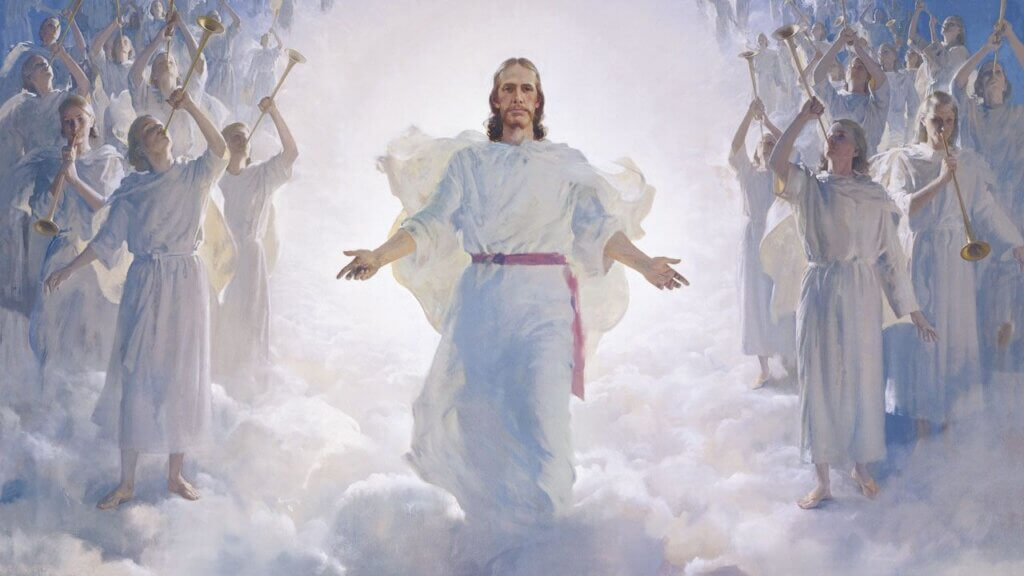Question: Does Isaiah indicate who it is that will reign with Christ for a thousand years according to what John saw in Revelation 20:4?
Answer: John said, “I saw thrones, and they sat upon them, and judgment was given unto them: and [I saw] the souls of them that were beheaded for the witness of Jesus, and for the word of God, and which had not worshiped the Beast, neither his image, neither had received his mark upon their foreheads, or in their hands; and they lived and reigned with Christ a thousand years” (Revelation 20:4). John identifies the latter as “priests of God and of Christ” (Revelation 20:6).
Daniel, too, saw these things: “I beheld, and the same Horn made war with the saints, and prevailed against them—until the Ancient of Days came, and judgment was given to the saints of the Most High [God]. And the time came that the saints possessed the kingdom” (Daniel 7:21–22; cf. v 18). The Beast John describes appears identical with the Horn that is affiliated with a “fourth beast” Daniel saw that will “devour the whole earth and tread it down” (Daniel 7:23).
Isaiah, on the other hand, defines “saints” or “holy ones” (qedoshim) (Isaiah 13:3; cf. 4:3) as persons who emulate the “Holy One of Israel” (Isaiah 48:17). He additionally identifies them as end-time and millennial kings and priests. The latter comprise spiritual kings and queens of the Ephraimite Gentiles who serve as “foster fathers” and “nursing mothers” to God’s “sons” and “daughters” of the house of Israel and bring them safely to Zion (Isaiah 49:22–23; 66:19–21).
These suffer for the sake of those whom they save before God reverses their circumstances from persecution to eminence: “You shall be called the priests of Jehovah and referred to as the ministers of our God. You shall feed on the wealth of the nations and be gratified with their choicest provision. Because their shame was twofold, and shouted insults were their lot, therefore in their land shall their inheritance be twofold and everlasting joy be theirs” (Isaiah 61:6–7).
In the end, God exalts these restorers of the house of Israel among his people: “Strangers will rebuild your walls, and their kings will minister to you. . . . They will call you the City of Jehovah, Zion of the Holy One of Israel. Although you had been forsaken and abhorred, with none passing through, yet I will make you an everlasting pride, the joy of generation after generation. You will suck the milk of the Gentiles, suckling at the breasts of kings” (Isaiah 60:10, 14–16).
There is little doubt these kings fulfill God’s promise to Abraham, Isaac, and Jacob that “I will make thee exceeding fruitful, and I will make nations of thee, and kings shall come out of thee” (Genesis 17:6; cf. 35:11). Through Ephraim’s centuries-long assimilation into the Gentiles (Genesis 28:19; Hosea 7:8), God prepared a way for the rest of Israel’s tribes to renew their covenant relationship with him and be restored at his coming Day of Judgment upon the world.












